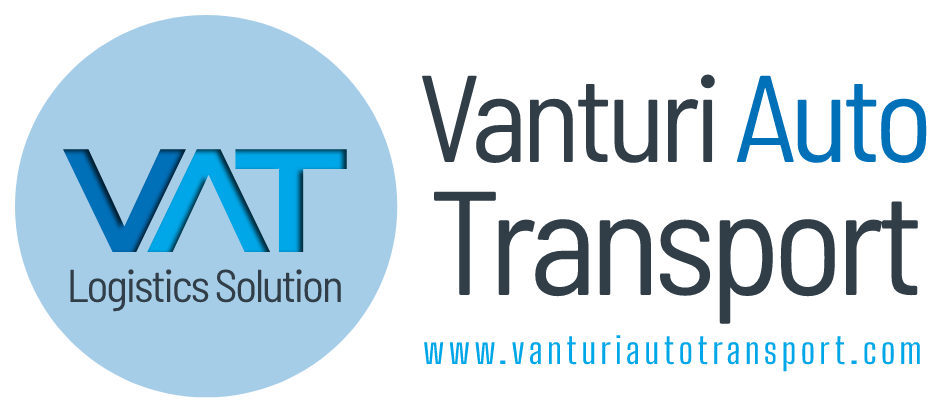Auto Insurance
Create Your Profile
Raise your profile by disclosing to us a little about yourself and your car.
Compare Insurance Providers
While not all insurers show prices, we filter down to the most applicable choices dependent on your profile.
Connect With Licensed Agents
Either associate on the web or via phone to differentiate quotes and maximize your savings.
Types of Car Insurance
- Liability insurance. Required in almost all the States, this is the foundation of auto insurance policies. In other words, if a car accident took place and you are liable for the accident, the “Liability Coverage” helps pay for the other person’s expenses including injuries, car and property damages. But not cover any damages done to your own vehicle.
- Comprehensive Insurance.This is a coverage that helps pay to replace or repair your vehicle, if it’s stolen or damaged in an incident that’s not a collision. Comprehensive, sometimes called “other than collision” coverage, typically covers damages from natural disasters like fire, flood, hail, vandalism or falling objects (like trees, building parts, lighting). If you’re financing or leasing your car, your lender likely requires comprehensive coverage. If you own your vehicle outright, it’s an optional coverage on your car insurance policy.
- Collision Insurance.TThis is a coverage that helps pay to repair or replace your car if it’s damaged in an accident with another vehicle or object, such as a fence, poles or a tree. If you’re leasing or financing your car, collision coverage is typically required by the lender.
- Uninsured motorist (UM) Insurance.This is part of a car insurance policy that helps pay for your medical bills or car repairs if you’re hit by an uninsured car driver.
- Personal Injury Protection (PIP) and Medical Payments (MedPay) Coverage.Personal Injury Protection is helps pay for you or your passengers’ medical expenses after a car accident, regardless of who caused the accident. Medical Payments Coverage is part of an auto insurance policy. It may help pay your or your passengers’ medical expenses if you’re injured in a car accident, regardless of who caused the accident.
- Rental Reimbursement Insurance.This helps you pay for transportation expenses, such as a rental car or public transportation fare, while your own vehicle is being repaired after a covered insurance claim. It does not apply if your vehicle needs routine maintenance work or if you need to rent a car on vacation.
Car Insurance Terms You Need to Know
Car Damage Coverage
Car damage coverage is covering the physical damage to your vehicle in the event that you get into a car crash.
Deductible
A car insurance deductible is the sum you'll pay based before your insurance agency kicks in to cover a case. Become familiar with car insurance deductibles.
Premium
Your car insurance premium is the measure of money you pay to your insurance agency for your policy. Discover how you can save money on your premium.
Limit
A coverage limit is the highest dollar sum your insurer will pay out for a particular sort of coverage on your policy.
Liability
Car insurance liability is what you're liable for in the event of an accident. This contain bodily injury liability, which covers wounds to other people and security in case you're sued and property damage liability which covers damage to another person's property, similar to a mailbox or car.
Full Coverage
Even so there is nothing of the sort as Full Coverage, it's a typical term used to describe the measure of auto insurance coverage somebody has and ordinarily suggested that the policy has at least liability, comprehensive and collision coverage.
